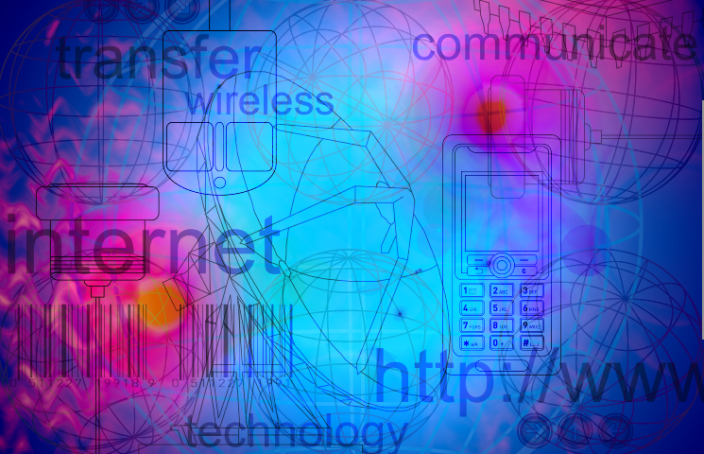Update: Australia’s 2020 Cyber Security Strategy
By Cameron Abbott and Keely O’Dowd
The Australian Government is currently developing its next Cyber Security Strategy, which is scheduled for release in the coming months.
The Australian Government 2020 Cyber Security Strategy Industry Advisory Panel has released a report consisting of 60 recommendations to inform the 2020 Cyber Security Strategy. The Panel’s 60 recommendations are structured around five key pillars:
Read More






